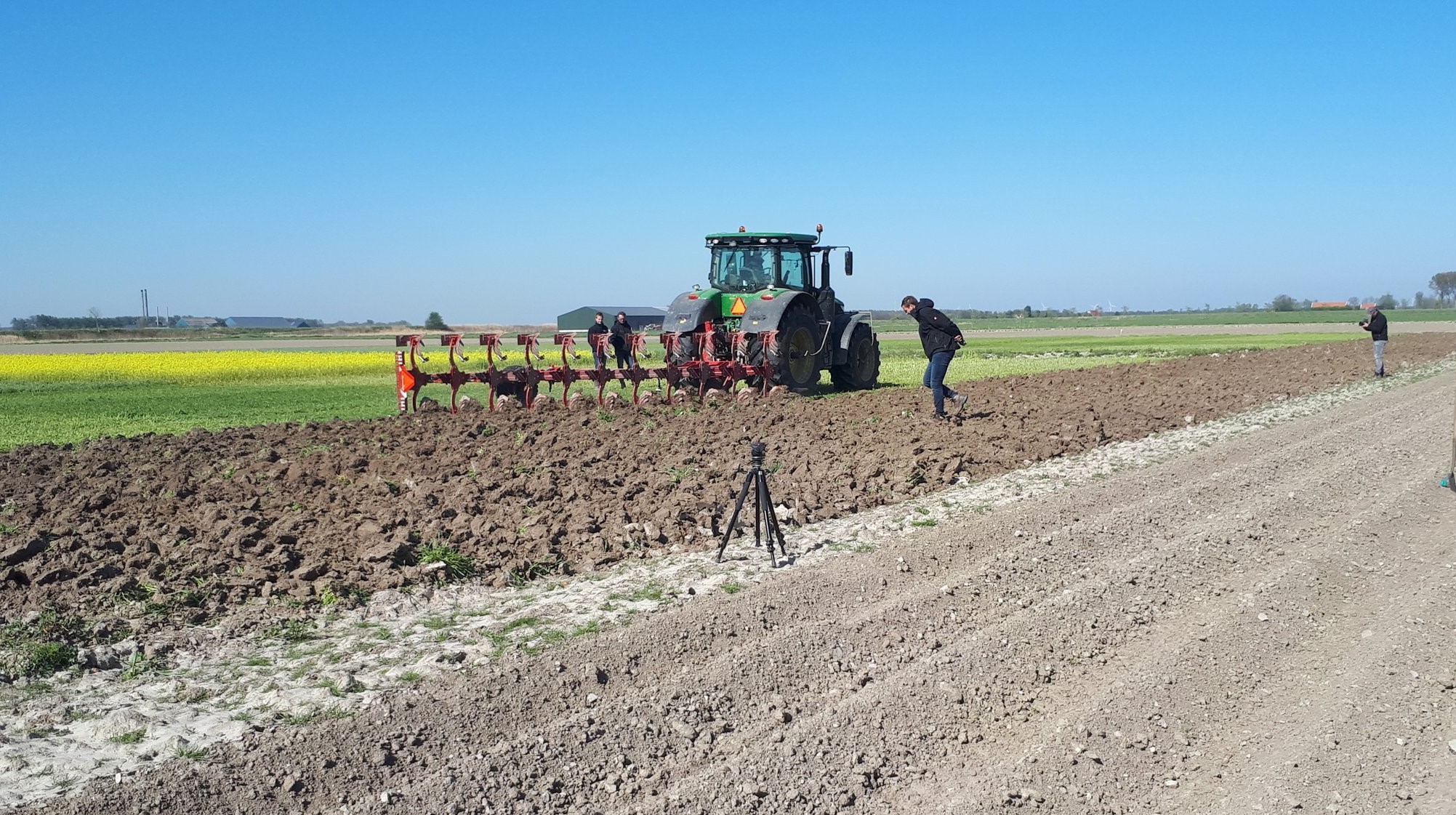INNO-VEG 2020 field scale experiments
17 June 2020 by Admin

The INNO-VEG project aims to increase the speed and uptake of innovation in the field vegetable and potato sectors by defining and implementing a new approach for delivering cost-effective research.
The project will evaluate the suitability of using crop sensing data to assess treatment differences in field experiments. In 2019 a programme of 47 small plot field experiments was carried out to develop an overarching protocol for integrating crop sensing data into field research methodologies.
This year, field validation experiments have been set up to test the protocol in larger field-scale experiments and to develop this into a ‘Framework for farmer-led research’. Fourteen field scale experiments, covering a range of topics, have been set up in the UK, France, Belgium and the Netherlands.
In the UK, ADAS are looking at the effect of different fertiliser treatments on vining peas and onions as well as nematicide treatments and polythene removal date on carrots. In Belgium, Inagro are investigating fertiliser treatments on potatoes, spinach and leeks and seeding density on carrots. In the Netherlands, Delphy are testing irrigation strategies for onions and carrots. In addition, Delphy are hosting a multi-factor potato experiment assessing the impact of soil type, green manure, nitrogen fertiliser rates and seed potato size. In France, Arvalis are looking at the effect of nitrogen fertiliser rates, varieties and late blight disease control strategies on potatoes.
Crop sensing data will be recorded at each site at least twice during the season, with the first measurements within the next month. Crop scanning will mainly be carried out by drone mounted sensors capable of quickly and accurately gathering the reflectance data across the entire field.
“Our ultimate aim is to provide farmers with a methodology for carrying out research on their own farms, where they can test new approaches such as varieties, establishment techniques or fertiliser management” says project lead and ADAS Soil Scientist Lizzie Sagoo.
In addition to the field experiments, the project has set up a cross-border (the UK, France, Belgium and the Netherlands) network to facilitate innovation between the precision farming/sensor technology industry, research organisations and the field vegetable and potato crop sectors.
Project updates and experiment results will be shared on the project website. You can register to receive project updates and/or to join the network here.



